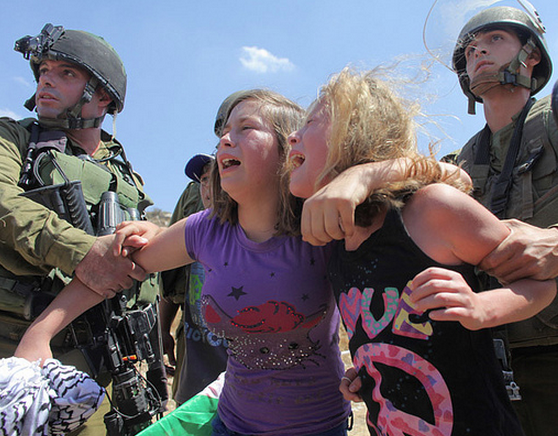AFGHANISTAN – Election violence and a nod to “warlord politics”
The world is looking to Afghanistan this week, where Presidential and Provincial Council elections will be held on August 20th. The Taliban are threatening to attack polling stations in the country’s unstable southern province. The government estimates that about 14 percent of the country’s polling centers are considered too dangerous for people to vote. Moreover, the risk of violence will increase should no presidential candidate reach more than 50 percent of the vote, leading to a mandatory run-off between the top two contenders. Nevertheless, US government officials are optimistic, stating that the Taliban have failed to derail the elections. In other developments, both government officials and the Taliban have been increasing pressure and threats against journalists in the country and limiting independent and critical reporting.
In what the Christian Science Monitor calls a nod to ‘warlord politics’, suspected war criminal General Dostum returned to Afghanistan this week. Addressing the thousands of people who welcomed him home, he boasted that he is too popular to be persecuted: “If you mess with Dostum, you mess with a million people.” His return has shown the failure of the Afghan government and its international supporters to demonstrate that the rule of law is respected in Afghanistan.
Must Reads
Overheard
We hope that, from top to bottom, every effort will be taken to make election day secure, to eliminate fraud, and to address any complaints fairly and quickly. It will be several days before we have preliminary results and we hope initial reports will refrain from speculation until results are announced. Final results could take several weeks. We call on candidates and their supporters to behave responsibly before and after the elections – US Secretary of State Hillary Clinton
We have made clear to the Government of Afghanistan our serious concerns regarding the return of Mr. Dostum and any prospective role in today’s Afghanistan. And I think that President Obama had earlier, based on an earlier story, had asked that the national security team gather further information on his background, including concerns that he might have been involved in the deaths of a significant number of Taliban prisoners of war a few years ago, and that the team is continuing to gather that information – Philip J. Crowley, Assistant Secretary of State for Public Affairs
A ferocious offensive by the Taliban [was] designed to try to kill the elections. Their goal is to prevent the elections and they have failed in that – Richard Holbrooke, US Special Envoy to Afghanistan and Pakistan.
CENTRAL AFRICAN REPUBLIC – Humanitarian situation deteriorates
Ongoing ethnic conflict in northeastern Central African Republic (CAR) and recurring attacks by the Ugandan rebel Lord’s Resistance Army (LRA) in the southeast part of CAR have created overwhelming humanitarian needs throughout the country. The UN Office for the Coordination of Humanitarian Affairs estimates that thousands of internally displaced people have been left without food, protection or shelter.
The country is the second poorest in the world after Sierra Leone and has long been unstable. Although five of the rebel groups signed peace treaties with the government in late 2008, the security situation has been deteriorating since the beginning of the year, causing about 18,000 people to flee to Chad and many more losing their homes during attacks. Children are particularly at risk in CAR, with almost 700,000 children under five living below acceptable standards, according to UNICEF.
Meanwhile, CAR Communications Minister Cyriaque Gonda announced on Monday that the government has set up a three-year timetable to disarm, demobilize and reintegrate an estimated 6,000 to 10,000 former rebels. However, upcoming elections in 2010 and the formation of a new rebel group in 2009 in the northeast of the country are likely to lead to increasing insecurity and tension in CAR.
Must Reads
Overheard
The situation is still very volatile and the displaced population remains traumatized […] Fear is very evident amongst the people who had to repeatedly leave their villages and watch their homes and livelihoods being looted, burnt and destroyed – Catherine Bragg, UN Deputy Emergency Relief Coordinator and Assistant Secretary-General for Humanitarian Affairs
These children’s lives, their ability to learn, to earn, and to lead productive lives is being stunted by this tragic crisis – Jeremy Hopkins, acting representative of UNICEF in CAR
Coming This Week
- August 18: U.S. President Barack Obama meets Egyptian President Hosni Mubarak in Washington, DC
- August 18: Secretary Clinton meets with Colombian Foreign Minister Bermudez
- August 20: Presidential and Provincial Council Elections in Afghanistan
- August 17-24: US Special Envoy to Sudan Scott Gration travels to Sudan (Juba, Makalal), Ethiopia and Egypt
Juliette Rousselot contributed to this post.
Human Rights Flashpoints is a weekly column about countries at risk of escalating human rights violations and is brought to you by AIUSA’s Crisis Prevention and Response team.
